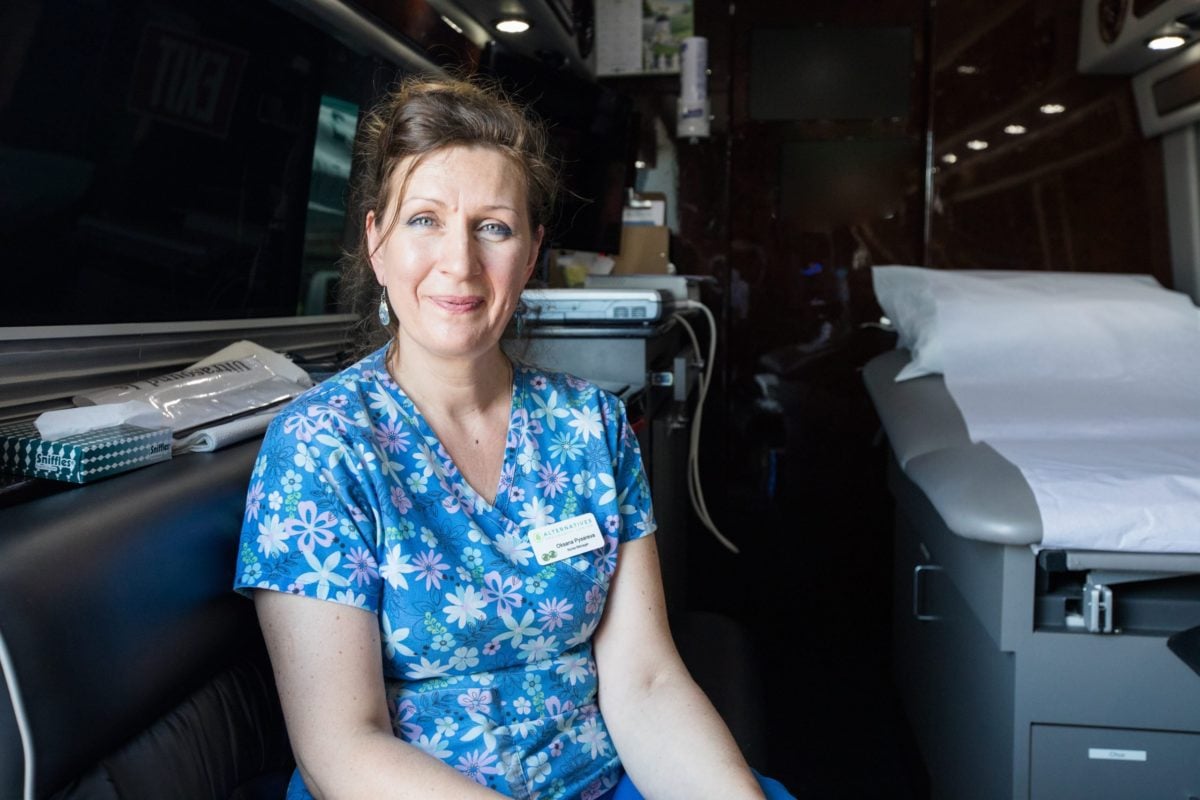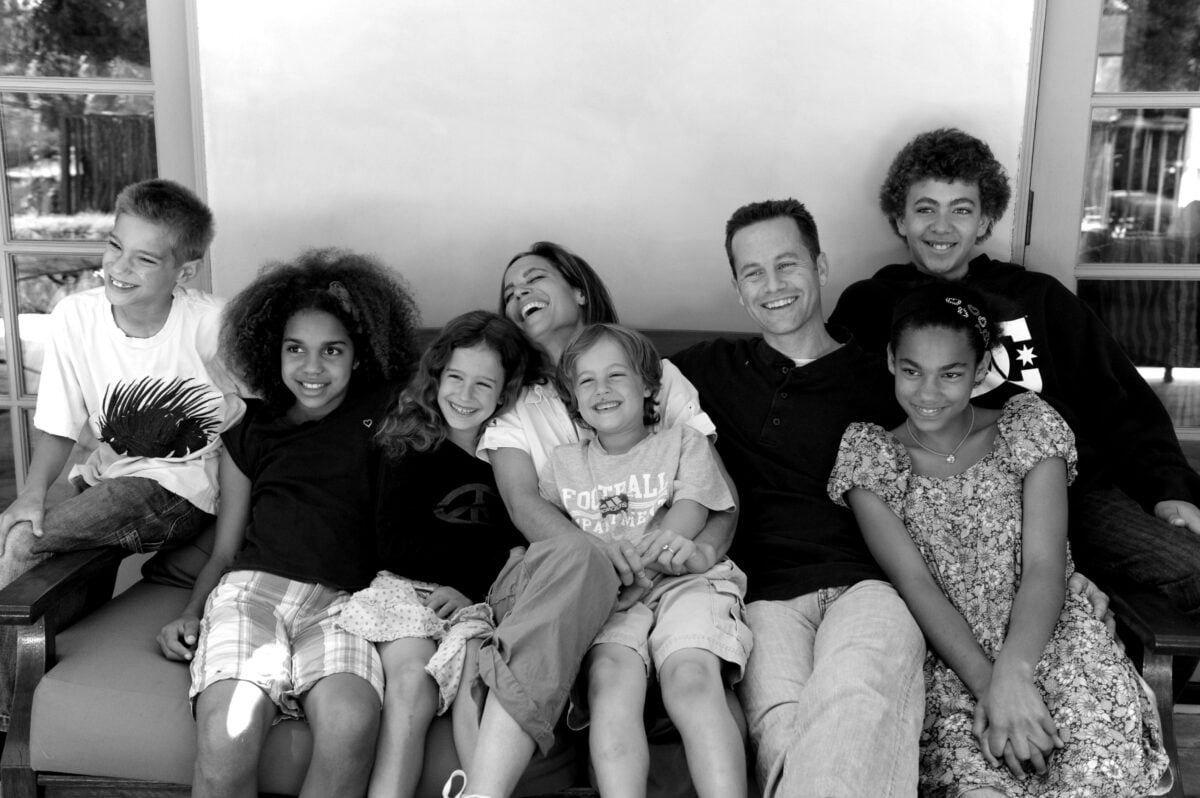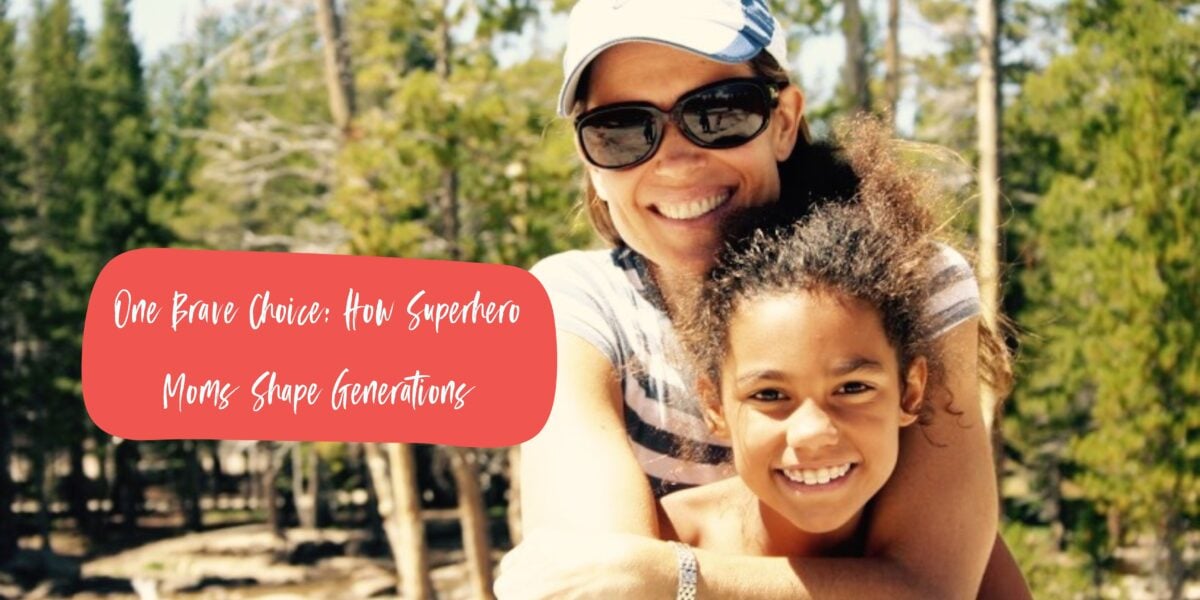Networks of pregnancy centers offer access to women’s healthcare across the nation
By Brittany Smith
This month, September 30th, marks the observance of Women’s Health & Fitness Day. The annual observance highlights the importance of health awareness and access to healthcare for women.
For the nation’s pregnancy resource centers, this focus on women’s health is not a one-day observance, but a passion – 365 days a year.
In 2019, Care Net’s network of more than 1,100 pregnancy centers served 786,785 individuals and provided $84,439,336 in services – all for free. The Charlotte Lozier Institute found that PRCs save communities an estimated $161 million annually.
Most PRCs don’t just provide pregnancy tests and ultrasounds either. Many have found new ways to provide extensive, holistic plans of healthcare for the women they serve.
One PRC model of extensive support and women’s healthcare comes from Human Coalition’s Continuum of Care (COC). Human Coalition is a network of pregnancy centers that has created a new approach to caring for their clients. They don’t just give their clients resources or referrals to outside programs and send them on their way—they are with them the entire time.
“There’s usually lots more going on than just the pregnancy,” explained Kristin Holubk, a Continuum of Care Coordinator with Human Coalition. “At the visit, you’re taking apart the other parts of their story and putting it back together and meeting a woman where she is.”
Many women need a tailored approach because each person’s situation is unique. They might need help getting on their feet financially, or looking for housing. Some women may be kicked out of the home by their partner or disapproving family member and need an entirely new community. Helping someone choose life isn’t a one size fits all endeavor.
Women’s Healthcare Care in Texas
Grapevine, Tex. sits in between Fort Worth and Dallas. Sandwiched between two of Texas’ largest cities, is the Grapevine Women’s Care Clinic, which is part of the Human Coalition network of PRCs. Because of its unique location, it sees a large volume of abortion-determined women.
Clinic Director Rebekah Hembree estimates they serve between 90-120 clients per month.
These are women who find out they are pregnant and “see abortion as their only option,” Hembree explained. “They are women who have no support and no way to afford another child.”
“Additionally, most of the women we see are doing it all on their own,” explained Phoebe Purvey, a Continuum of Care coordinator at Grapevine.
“Many women don’t have support from their family and they have so many expenses they don’t anticipate being able to afford another child. They very much come to us in crisis,” she said.
This is where the Continuum of Care comes into play.
How the Continuum of Care Works
Becky Craig, the Regional Continuum of Care Coordinator, said she and her team who helped develop the program started to realize that clients coming to pregnancy resource centers were from so many different backgrounds and face so many different issues that their healthcare had to be specialized.
When a woman is first referred to the Continuum of Care program (COC) at a Human Coalition Clinic, they sit down with a social worker for an intake. Through this intake the coordinator can start to understand the challenges the woman is facing. These needs can be anything from needing a car, housing, a job, childcare or pursuing her education. Together, the coordinator and the woman they are meeting with start to develop a plan to meet her goals.
“Our ultimate hope is we help them to get to a point where they feel comfortable choosing life,” Craig said.
Finding the Right Resources
Once a plan is made, the COC coordinator will access Human Coalition’s electronic database of resources. Their network of organizations, mentors, government programs and churches provide financial support, job training, job placement, maternity housing, healthcare and more.
“We vet all of our resources,” Becky said. “In every area we have a clinic, we investigate all of the places we refer to. We want to know what they provide and what the client needs to get the services.”
Craig explained that coordinators will not only give clients information on who to call, but they will even go so far as to tell them what extension to press. They will often accompany them to Medicaid appointments or supply them with the questions to ask. Additionally, they will cover transportation, send them job leads, help them craft a resume or look at housing options.
“We do this because when you’re already in a state of crisis, navigating these situations are even harder without someone to help you through it,” she said.
Jas went to the Grapevine Women’s Care Clinic’s mobile unit – a Human Coalition affiliate – when she found out she was pregnant.
“They were so supportive,” she said. “The staff helped me find doctors and helped me know what I needed to do each month. They made sure I had my prenatal care. Every few weeks I came back for ultrasounds and they’d answer any questions I had. They basically held my hand through the whole process. I was pretty shocked honestly. I know they have other clients they work with. But they were always there to answer my texts and help me. They were like my personalized nurses.”
As Jas’ story illustrates, even after a woman meets her goals through the Continuum of Care the assistance doesn’t stop.
“My [Continuum of Care coordinator] still checks on me and my son. I send her pictures. She’s part of my family basically,” Jas said.
Watch more from our documentary on women’s healthcare in Texas here.













